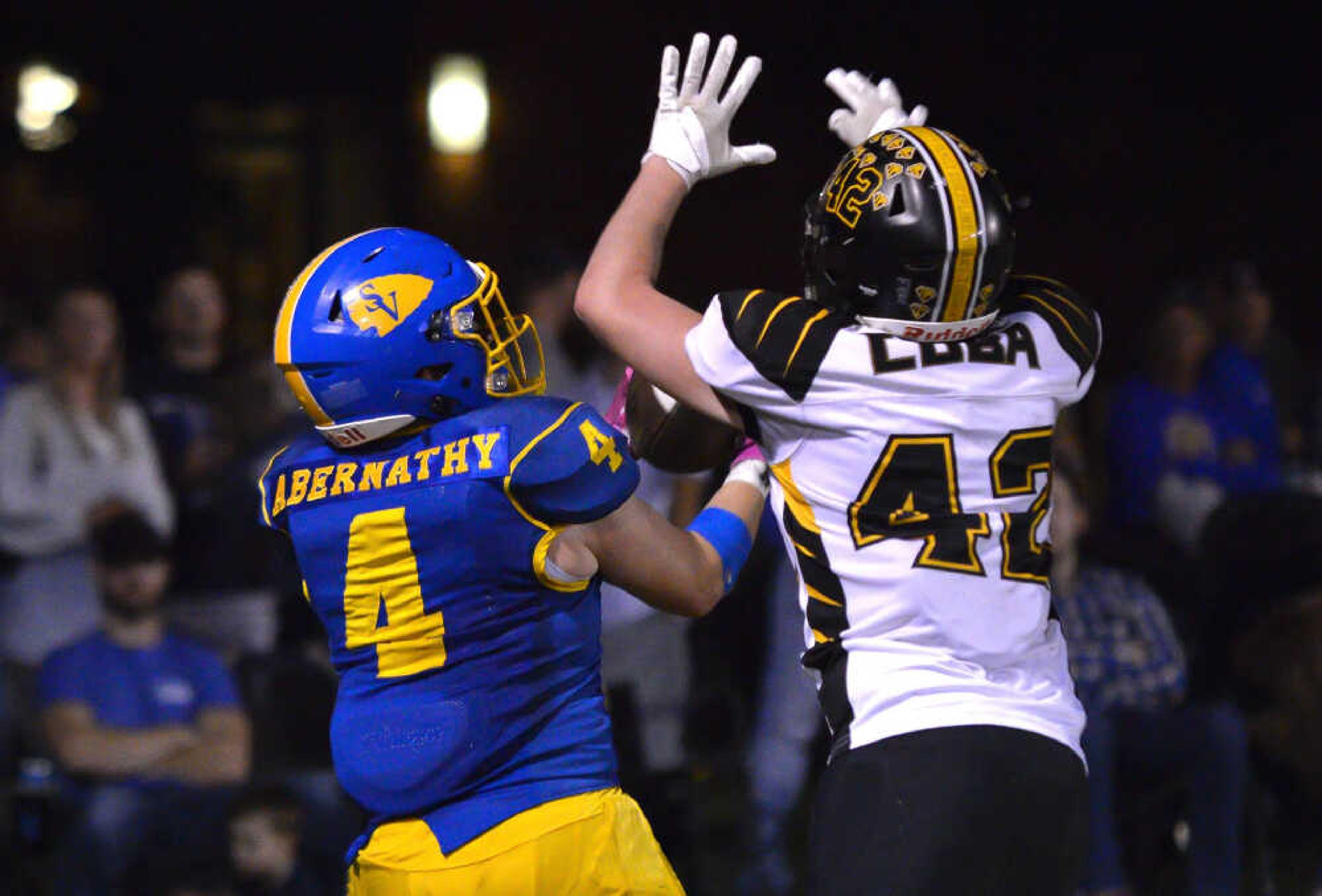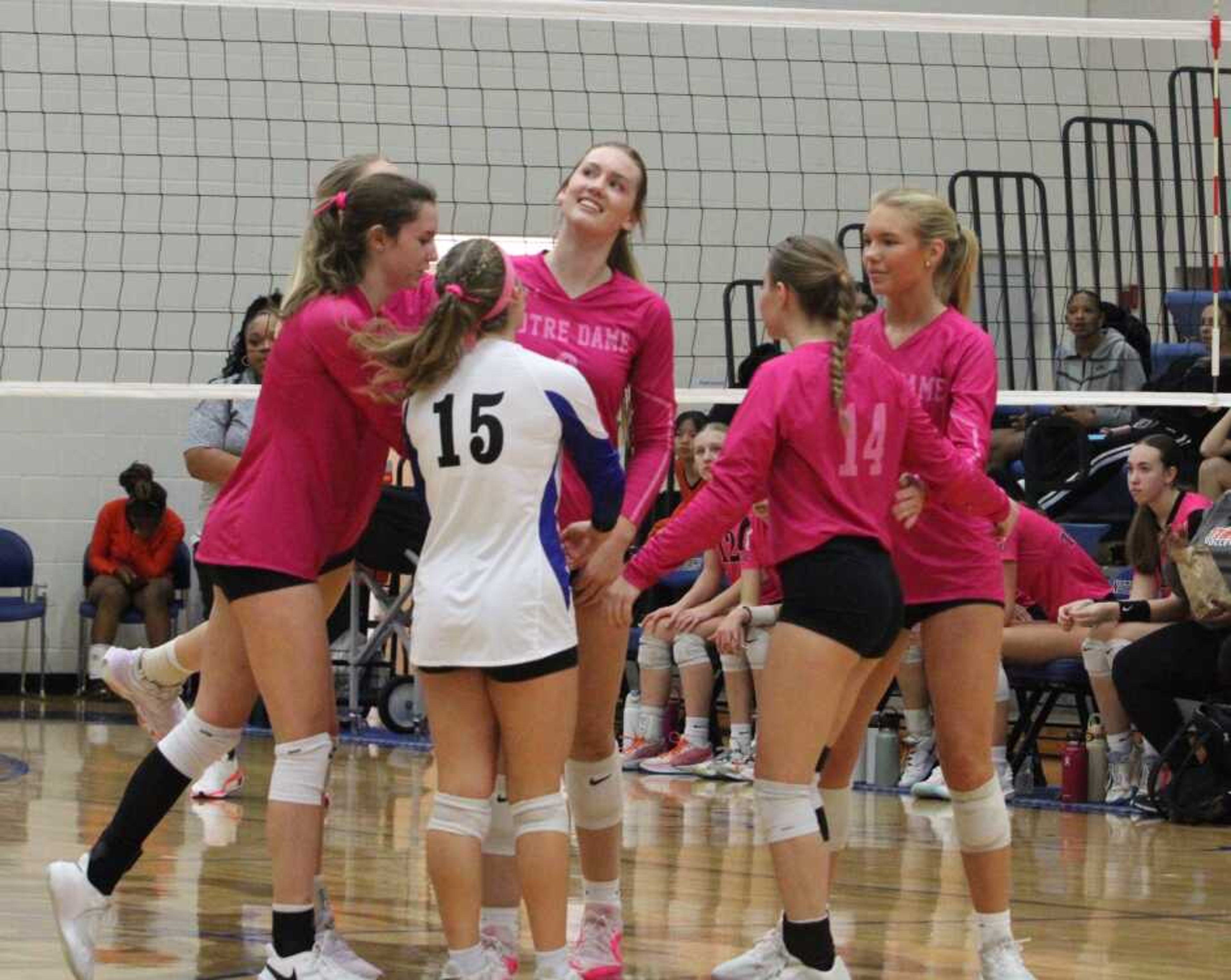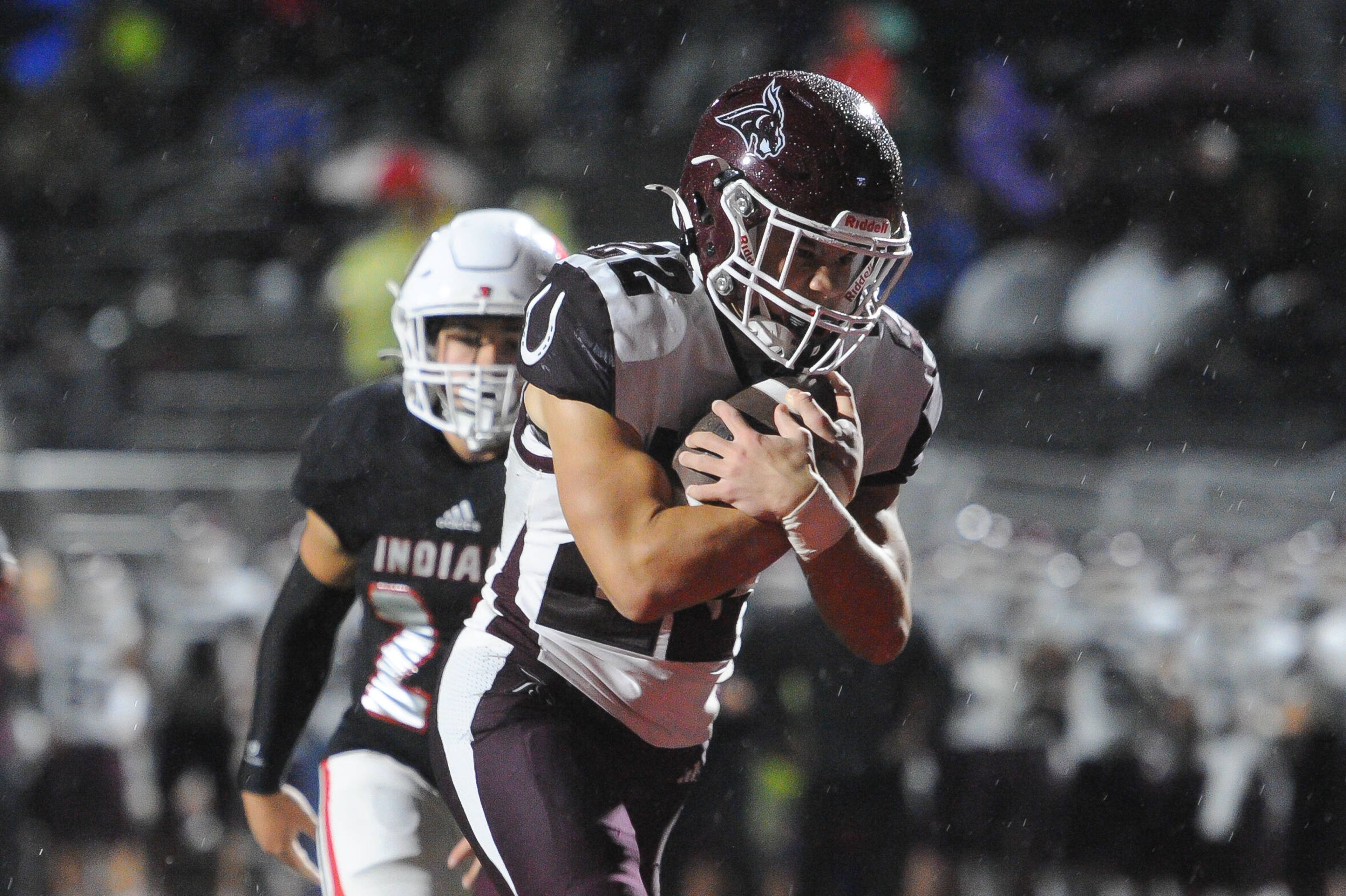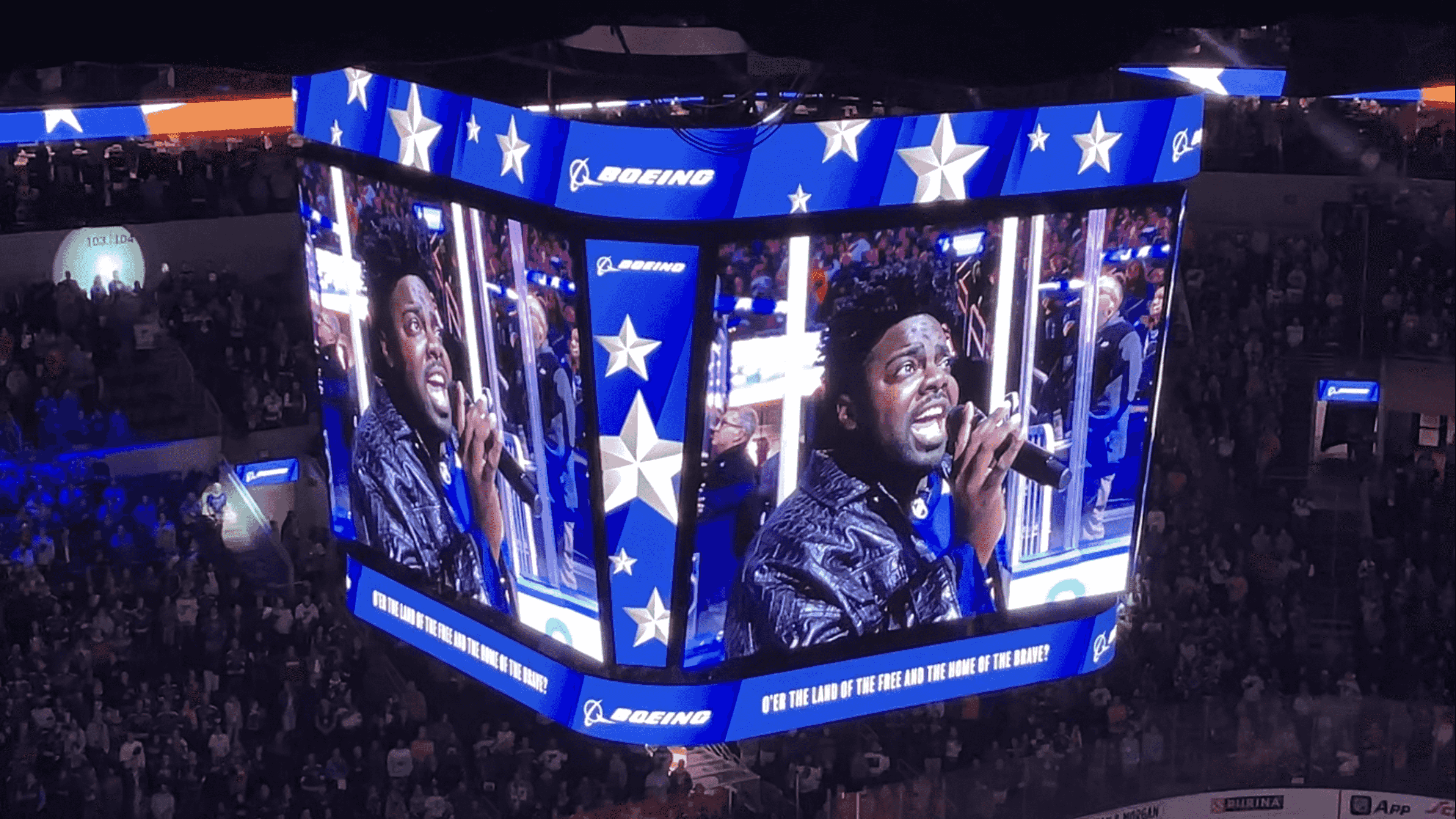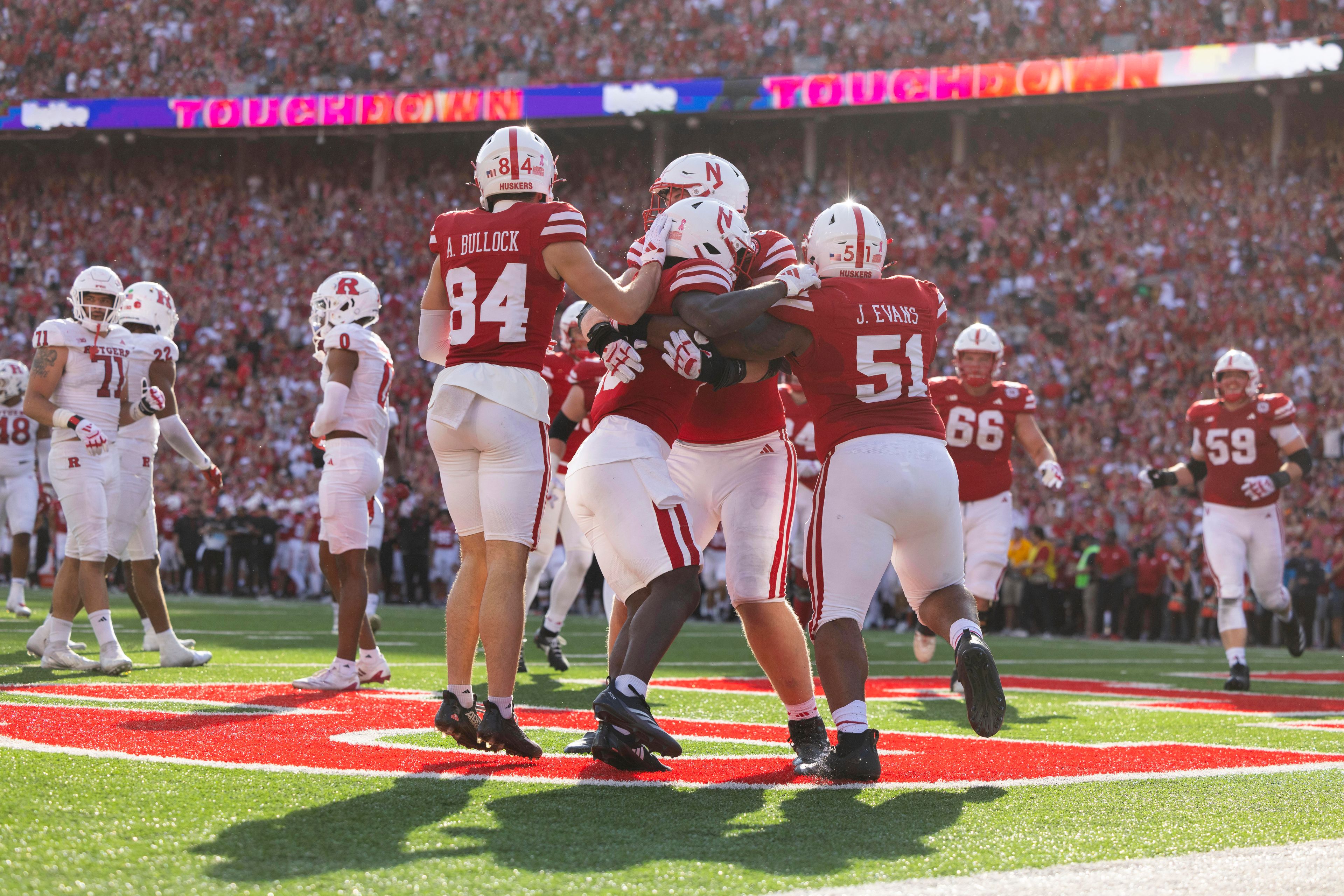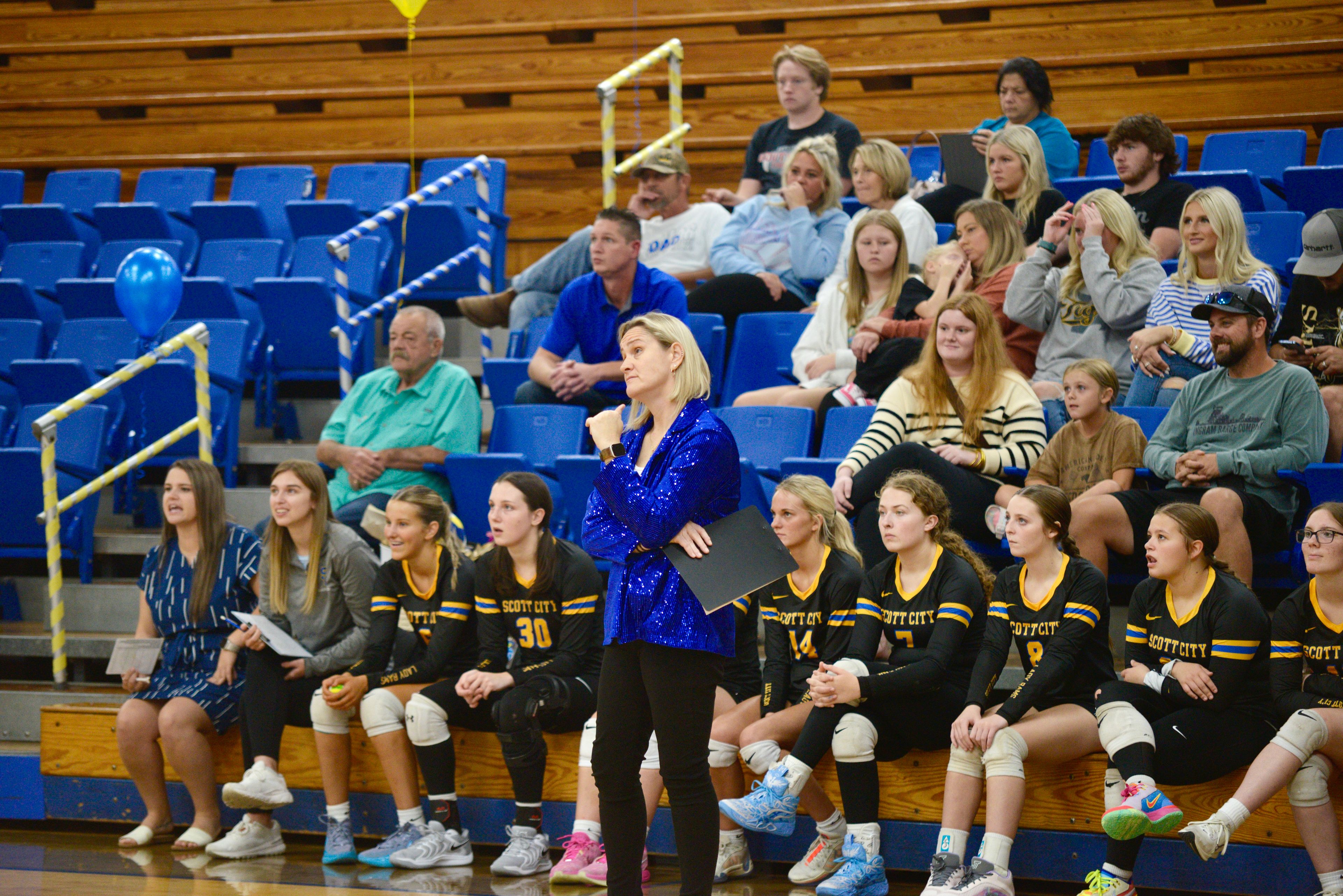Coaches establish new rules in wake of Baylor murder
DALLAS -- In 28 seasons as a college basketball coach, Billy Tubbs never had a rule preventing players from owning guns. He will this fall. At TCU, players must check in so often during the offseason they sometimes complain. Second-year coach Neil Dougherty figures he'll no longer have to explain why he keeps such close tabs...
DALLAS -- In 28 seasons as a college basketball coach, Billy Tubbs never had a rule preventing players from owning guns. He will this fall.
At TCU, players must check in so often during the offseason they sometimes complain. Second-year coach Neil Dougherty figures he'll no longer have to explain why he keeps such close tabs.
From setting new rules to reaffirming old ones, the saga at Baylor University in Waco -- where a player was allegedly killed by a former teammate -- is causing ripples within college basketball as coaches across the country try to prevent anything like it from happening on their campuses.
"This could be happening anywhere," said Tubbs, who turned Oklahoma into a national basketball power in the 1980s and is now coach and athletic director at Lamar in Beaumont. "It puts you on alert."
Carlton Dotson, a Paris (Texas) Junior College transfer who played for Baylor last season, was charged last week with killing former teammate Patrick Dennehy. Dennehy's decomposed body was found Friday in a rural area about five miles from Waco; it was identified Sunday.
Dennehy, a University of New Mexico transfer who sat out last season because of NCAA transfer rules, was reported missing by his family on June 19, about a week after he was last seen on campus. After his Chevy Tahoe was found June 25 in Virginia Beach, Va., Baylor announced that Dennehy had disappeared and asked the public to help find him.
That day, Baylor coach Dave Bliss said, "It's unusual for our staff to go more than a couple of days without being in touch with one of our players."
Legacy of a tragedy
Whether stricter monitoring might have made a difference is moot now. However, the legacy of this case is likely to be that more programs follow their players' whereabouts more closely.
"A lot of coaches I've talked to this summer say they're going to start talking to their players more often and keeping better track of them once the season is over," said Oklahoma coach Kelvin Sampson, president of the National Association of Basketball Coaches.
"All coaches have a great relationship during the season with their players," he said. "It's when the season is over and you're not locked into seeing them every day, that's when problems can occur."
At some schools, such as Arizona State, players already are required to check in daily, even during the offseason. If they go out of town, they must let coaches know when they're leaving and returning. ASU coach Rob Evans considers it part of the commitment he's made to be a surrogate parent.
Dougherty feels the same way.
"If a mother in New York calls Fort Worth and asks how her son is doing and the best I can say is that I haven't seen him since we last played, then I'm not doing what I led her to believe in the recruiting process," Dougherty said. "This whole thing is just a huge tragedy, but I think it has reinforced why coaches ask them to do extra check-in type things."
Several coaches said having daily contact year-round helps them grow closer to their players, which in turn makes it more likely that players will seek their help in solving whatever problems they face.
In the Baylor case, friends of Dotson and Dennehy have said the pair bought guns because they felt threatened. There are differing accounts about whether Dennehy told coaches about the threats.
"I think when the head coach reaches out and has that kind of close relationship, it permeates through the whole team," Sampson said. "That's not to say something still couldn't happen. It's like buckling your seat belt -- it doesn't mean you're not going to get in an accident, but it improves your odds of not getting hurt."
Connect with the Southeast Missourian Newsroom:
For corrections to this story or other insights for the editor, click here. To submit a letter to the editor, click here. To learn about the Southeast Missourian’s AI Policy, click here.
